“That is your first husband — that! You marry it, the way a nun marries Jesus — you cleave to it because it gives your life a center that no man — that very few men — can possibly give you.”
|
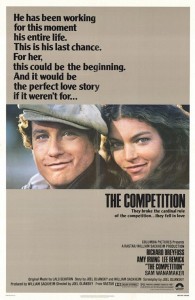
Synopsis:
Two rival pianists (Richard Dreyfuss and Amy Irving) fall in love while rehearsing for a competition in San Francisco.
|
|
Genres, Themes, Actors, and Directors:
- Amy Irving Films
- Aspiring Stars
- Lee Remick Films
- Mentors
- Musicians
- Richard Dreyfuss Films<
- Rivalry
- Romance
Review:
The Competition tackles an interesting and provocative question: is it possible for rivals to carry out a successful romance? As someone who studied classical music for several years, I can vouch for the authenticity of the dilemma facing these two young musical hopefuls, who find themselves torn between mutual admiration, genuine attraction, and intense rivalry. Director Joel Oliansky doesn’t try to provide pat answers to this dilemma; and while Dreyfuss’s petulant behavior towards Irving may be difficult to watch, it’s realistic. Unfortunately, however, the film is marred by constant forays into the lives of the other competitors — most notably a Russian student who must deal with her teacher defecting to the West (surely included for its political timeliness rather than any other reason). These subplots distract us from the film’s primary characters, who should have remained the sole focus.
Redeeming Qualities and Moments:
- Richard Dreyfuss as Paul
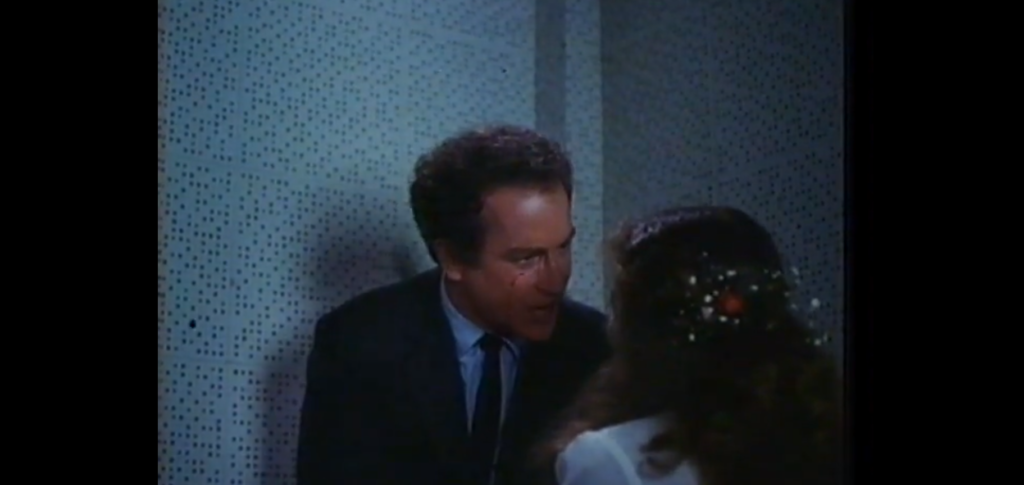
- Amy Irving as Heidi
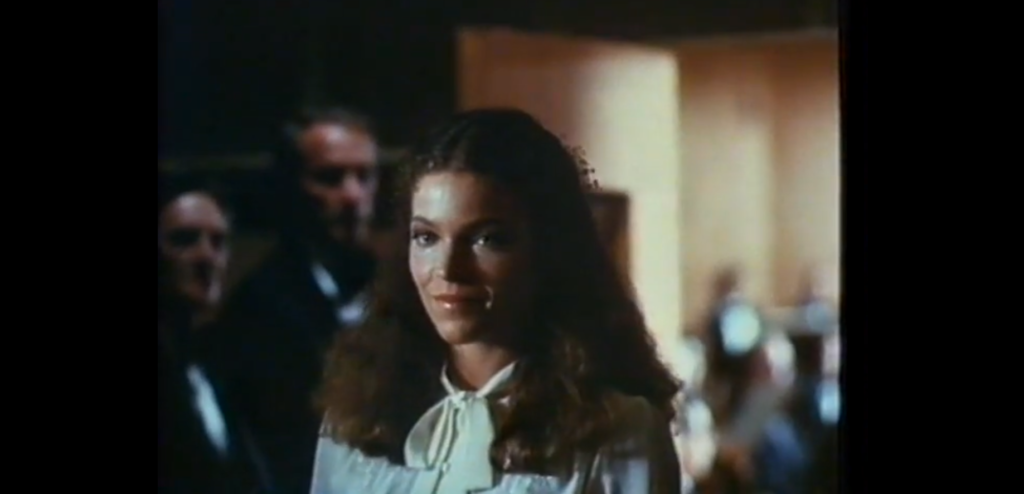
- Lee Remick as Irving’s piano teacher
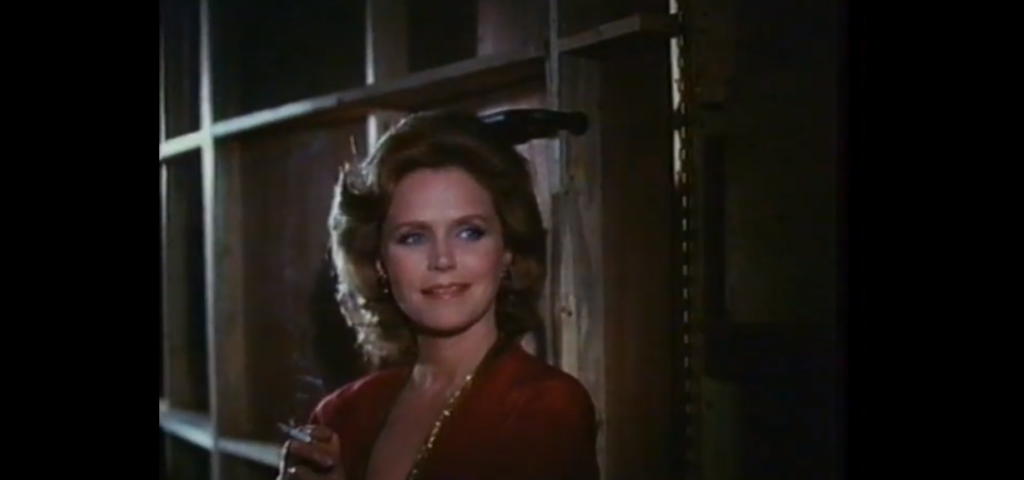
- Plenty of beautiful piano music, well “performed” by Dreyfuss and Irving (who trained for four months for their roles)
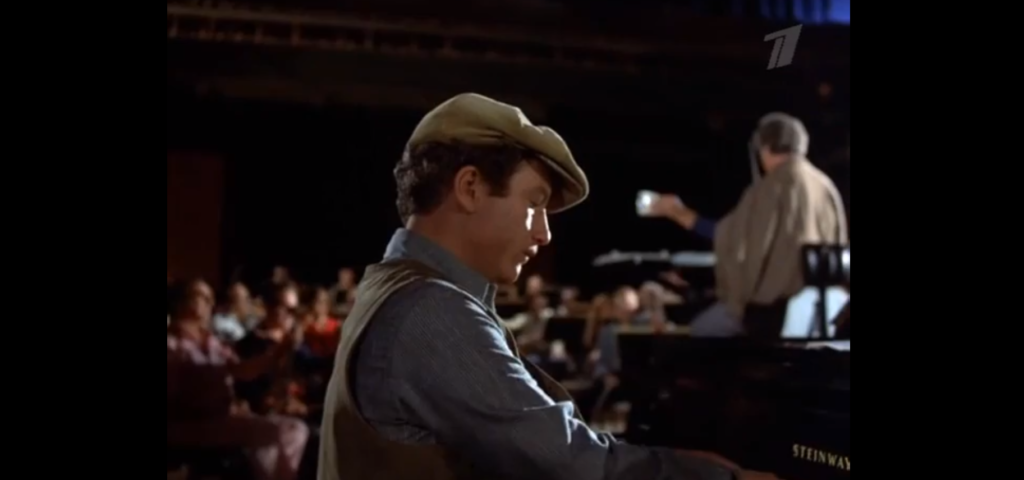
Must See?
No, but it’s recommended for classical music fans.
Links:
|
One thought on “Competition, The (1980)”
Not a must, but not a bad film.
It’s true: first and foremost, this will be a film mainly for lovers of classical music…and there is a ton of it. In terms of competitive rivalry, the script does have a realistic feel to it. ~which certainly helps to elevate this from the level of an average love story.
Dreyfuss’ character is driven much more by ego than Irving’s; she appears to be more in love with the art of what she’s doing for its own sake.
I don’t mind that the film takes time to (somewhat) evenly explore the lives of the six competition finalists; that just makes the film seem more real – and I don’t feel there’s a whole lot more to learn about Dreyfuss and Irving than the generous amount we’re already given.
For me, it’s Remick who really stands out in this film. Appropriately cold and sharp-as-nails, we never lose sight of the fact that she does care about her protegee (Irving). But it doesn’t take much to realize that Remick’s character has abandoned seeing any worth in a personal relationship. She’s so beyond that as a viable option for her – or any serious pianist – that the door to such previous involvement is bolted shut: “Everybody’s got a story. We are not going to hear mine.”
This was Oliansky’s only major film for the big screen (though, as a writer, he also penned Clint Eastwood’s musician bio, ‘Bird’; he mostly worked in television). The film maintains tension throughout (who will win???) and is a respectable piece of work overall.